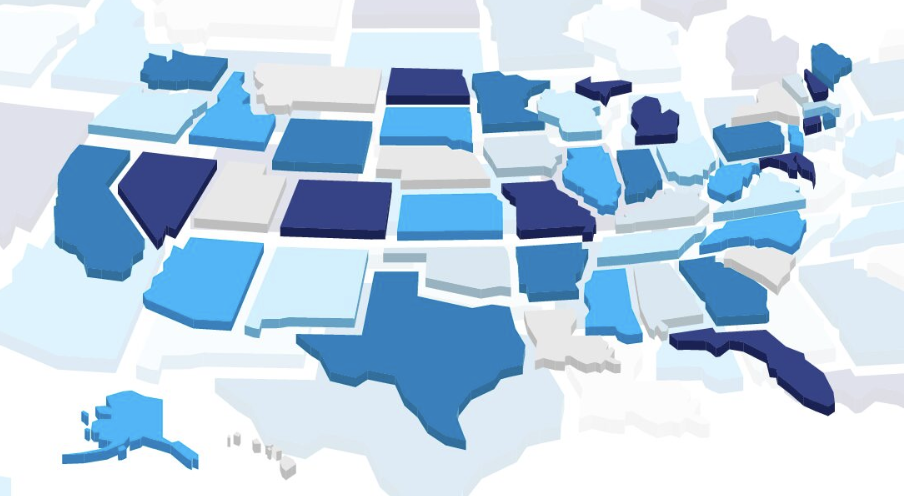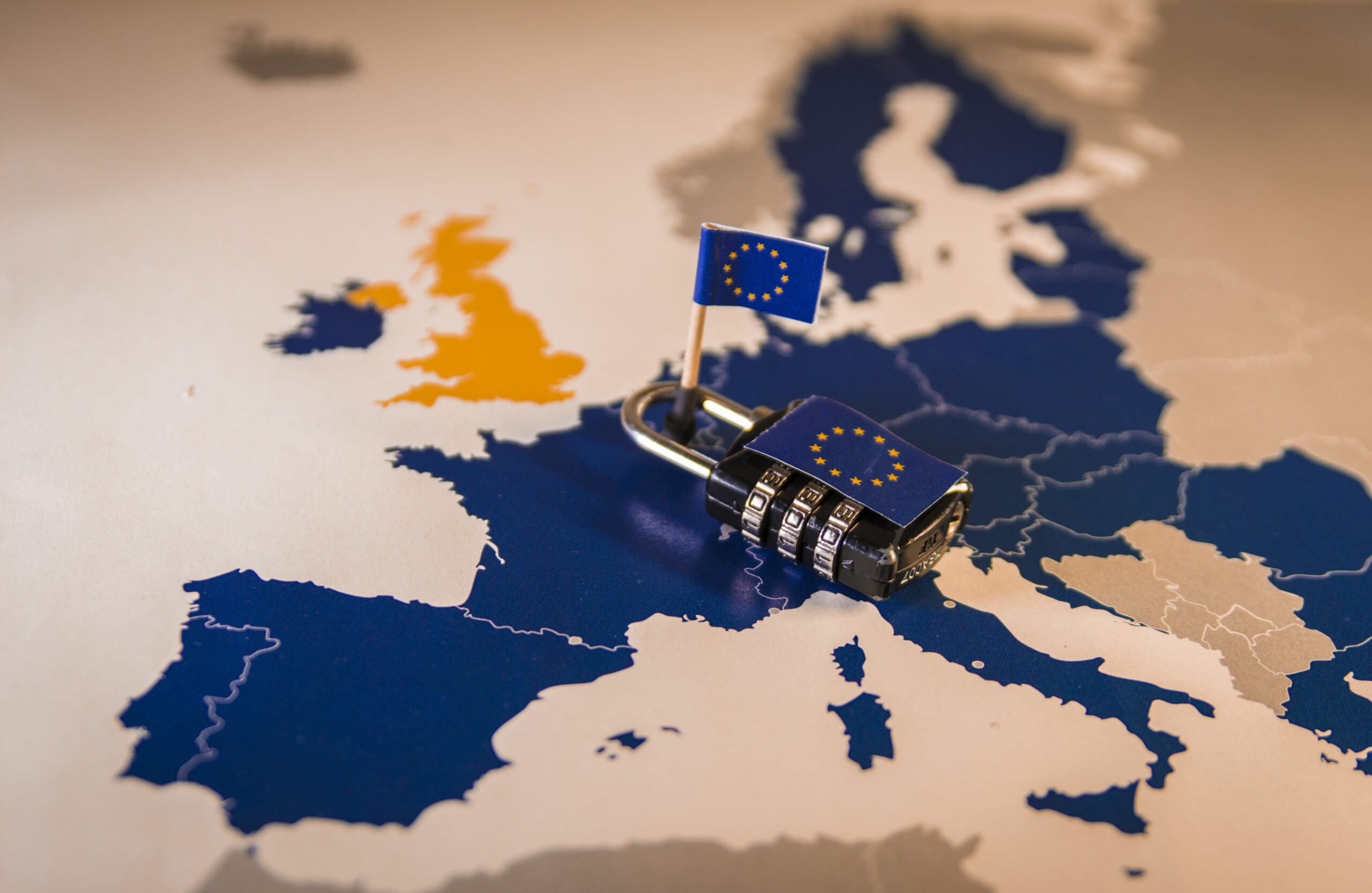
FPF Releases Updated Report on the State Comprehensive Privacy Law Landscape
The state privacy landscape continues to evolve year-to-year. Although no new comprehensive privacy laws were enacted in 2025, nine states amended their existing laws and regulators increased enforcement activity, providing further clarity (and new questions) about the meaning of the law. Today FPF is releasing its second annual report on the state comprehensive privacy law […]

FPF Anatomy of a State Comprehensive Privacy Law Report
ANATOMY OF A STATE COMPREHENSIVE PRIVACY LAW Charting the Legislative Landscape DECEMBER 2025 The Future of Privacy Forum (FPF) is a non-profit organization that serves as a catalyst for privacy leadership and scholarship, advancing principled data practices in support of emerging technologies. Learn more about FPF by visiting fpf.org. Jordan Francis Senior Policy Counsel, Future […]

FPF – Brussels Privacy Symposium 2025 Report NEW
T he Fu tu re of Priv a cy Fo ru m I n Euro pe, th e Fu tu re of Priv a cy Fo ru m (F P F) is an in d ep end ent vo ic e , main ta in in g ne utr a lit y i n an […]

17th Annual Advisory Board Meeting 2026
We are thrilled to welcome our new and returning FPF Advisory Board Members to the 17th Annual Advisory Board Meeting, taking place Wednesday, June 10 – Friday, June 12, 2026 at Yours Truly DC Hotel in Washington, D.C. This page will serve as the central hub for all event updates. Save the date and check […]

Brussels Privacy Symposium 2025 Report
T he Fu tu re of Priv a cy Fo ru m I n Euro pe, th e Fu tu re of Priv a cy Fo ru m (F P F) is an in d ep end ent vo ic e , main ta in in g ne utr a lit y i n an […]

FPF Inaugural EU Privacy Leadership Forum
The FPF EU Privacy Leadership Forum is a new, invitation-only membership offering for senior leaders in Europe. This flagship convening strengthens FPF’s role as a neutral, multi-stakeholder platform by providing our member community with a high-trust space to engage on emerging challenges in privacy, data protection, and AI governance. As part of FPF’s growing suite […]

What’s New in COPPA 2.0? A Summary of the Proposed Changes
On November 25th, U.S. House Energy and Commerce introduced a comprehensive bill package to advance child online privacy and safety, which included its own version of the Children and Teens’ Online Privacy Protection Act (“COPPA 2.0”) to modernize COPPA. First enacted in 1998, the Children’s Online Privacy Protection Act (COPPA) is a federal law that […]

Comparison of COPPA 2.0
Children and Teens’ Online Privacy Protection Act (“COPPA 2.0”) Unofficial redline comparison of: Title II – COPPA 2.0 1. Children?s Online Privacy Protection Act Existing statutory text , 15 U.S.C. 91 , et seq. Black, unadorned text. to 2. S.836 Children and Teens’ Online Privacy Protection Act as re-introduced in the U.S. Senate 4 March […]

FPF ANPR Comment 10 17_submitted
1 1350 Eye Street NW, Suite 350, Washin gton, DC 20005 | 202 -768 -8950 | fpf.org October 17 , 202 5 Via Electronic Submission Acting Director Russell Vought Consumer Financial Protection Bureau 1700 G Street, NW Washington, DC 20552 Re: Comments on Personal Financial Data Rights Reconsideration (Docket No. CFPB – 202 5–0037 ) […]

The Draghi Dilemma: The Right and the Wrong Way to Undertake GDPR Reform
The following is a guest post to the FPF blog authored by Christopher Kuner, Visiting Fellow at the European Centre on Privacy and Cybersecurity at Maastricht University and FPF Senior Fellow. The guest post reflects the opinion of the author only and does not necessarily reflect the position or views of FPF and our stakeholder […]
